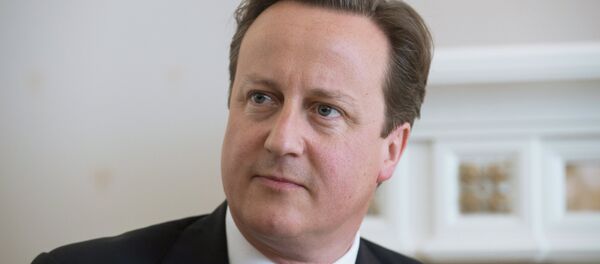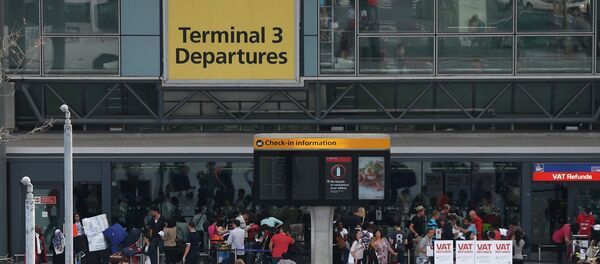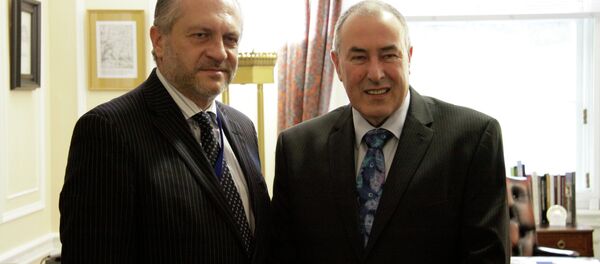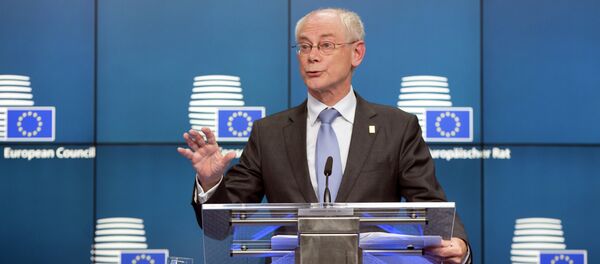British Prime Minister David Cameron will be legally indebted to make up a share of the £259 billion shortfall by 2020 with liabilities for the Treasury estimated at £33.7bn, calculated at the usual rate of Britain’s EU contributions, reports The Telegraph.
This represents a political disaster for Prime Minister David Cameron who has made repeated pledges to lower the amount Britain pays into Brussels’ budgets.
"The EU’s ability to just grab money from taxpayers whenever it wants is an outrage. It underlines what is structurally wrong with our relationship under the existing treaties," said Bernard Jenkin MP, the chairman of the House of Commons’ public administration select committee, reported The Telegraph.
"The UK parliament should decide how much we want to pay the EU not bureaucrats in Brussels."
Matthew Elliott, head of the Business for Britain pressure group, described further demands from the EU as "unacceptable".
On that note Jacob Rees Mogg, member of the Commons European scrutiny committee further said, "The commission is out of control and needs to be brought back under control. This is a problem with having no real democratic check to the EU. The commission writes cheques without any balances."
The shortfall is known in Brussels jargon as "reste à liquider", or "outstanding amount" and, while Britain has a sanction ongoing above the maximum payment limit, national contributions are still expected to reach record highs. This would push British EU contributions to above £13billion a year over the next six years, higher than the previous £11.3bn paid into Brussels’ reserves last year, reports The Telegraph.
European Union auditors are concerned that increased payments at a maximum of £718 billion between 2014 and 2020 will not be enough to pay existing bills, leading to extra contributions from taxpayers across Europe.
"We’re making sure that the EU sticks to the budget limit that the prime minister successfully negotiated last year, and which is crucial to controlling the cost of the EU to Britain," said a diplomat. "The figure from the European Court of Auditors does not affect the ceiling in the current long term EU budget."
The extra demands for money come in addition to an ongoing debate over an extra EU surcharge of £1.7 billion last month as Britain’s contributions increase because of better economic performance by the British economy compared to the Eurozone.






